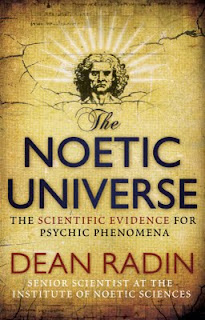Big Bang Theory
This clip from the TV show, The Big Bang Theory , could be a documentary of my life, although as an empiricist I spend somewhat more time collecting and analyzing data, and then staring at computers, rather than staring at equations on whiteboards. But I can easily stare at an analysis for a few days too, so this scene isn't all that far off.
